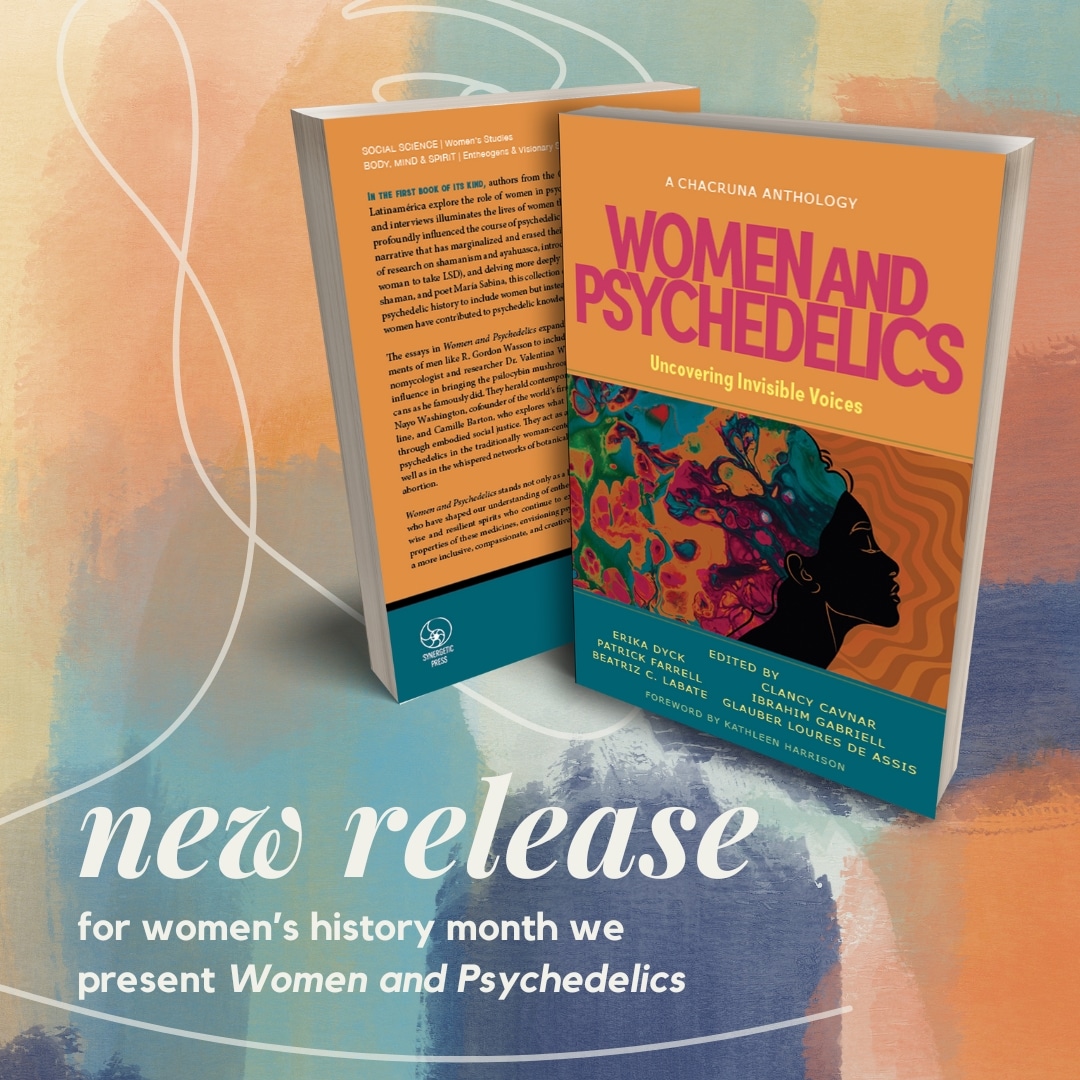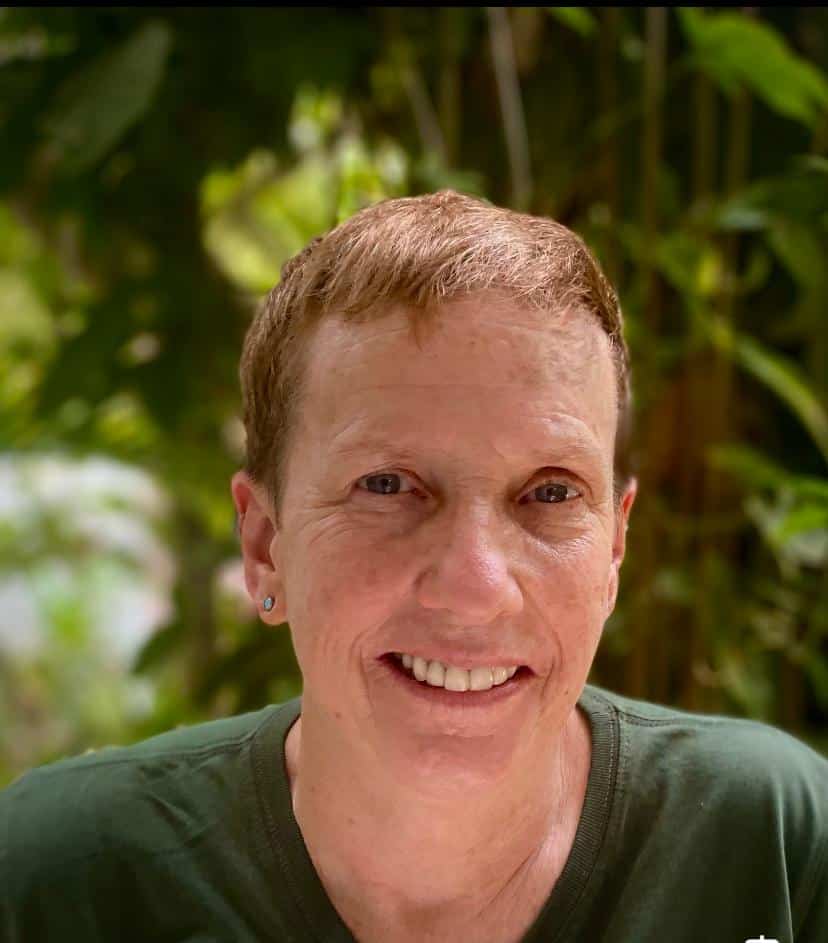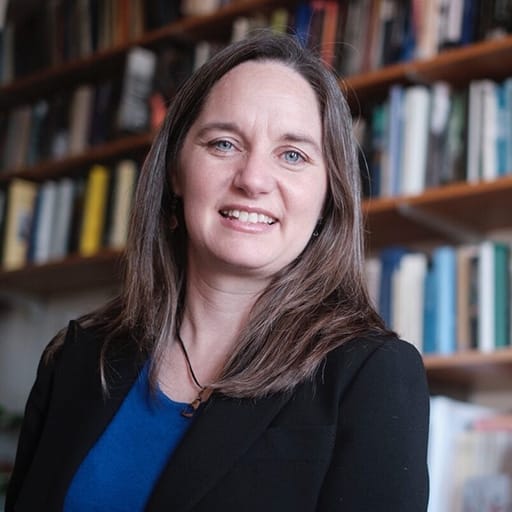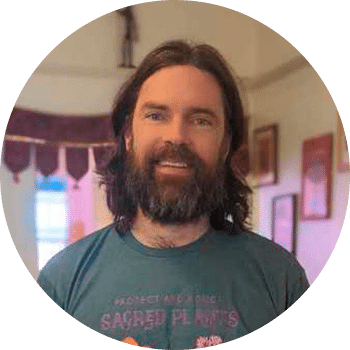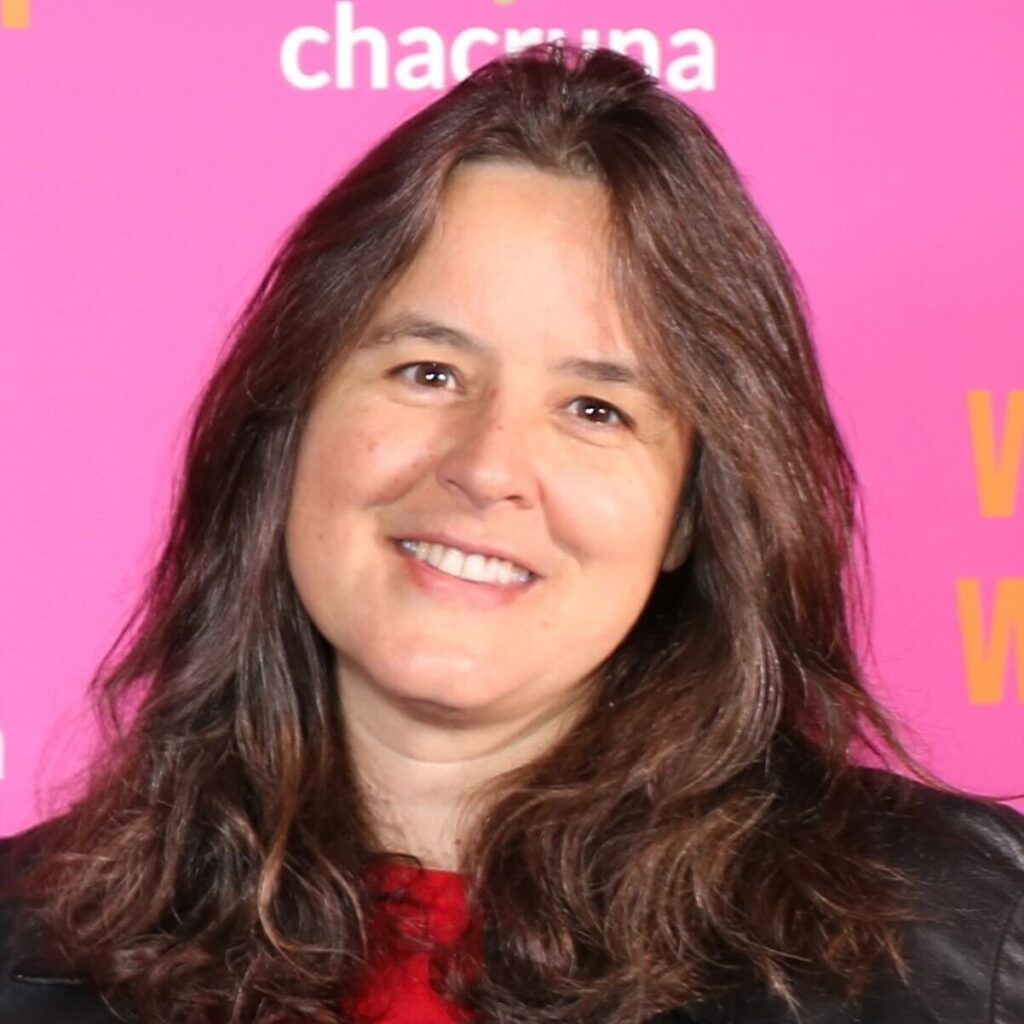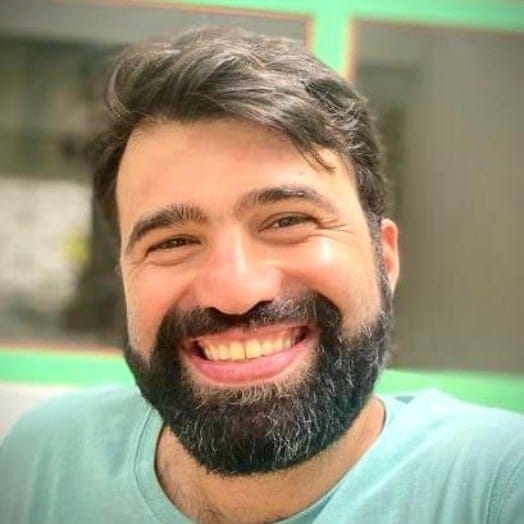New Book Release from Chacruna Institute
Women and Psychedelics: Uncovering Invisible Voices
This month, Chacruna Institute and Synergetic Press released the new copy of Women and Psychedelics: Uncovering Invisible Voice in honor of Women’s History Month.
Compiled by leading researchers and practitioners, Women and Psychedelics is a compelling anthology featuring essays, interviews, and personal narratives from women who have pioneered psychedelic research, therapy, advocacy, and spiritual leadership. These voices, often underrepresented in the scientific community, share profound insights into the healing potential of psychedelics, their personal journeys of discovery, and the critical need for feminine perspectives in this sphere of study.
Please enjoy a small excerpt in celebration of its release:
The theme of this collection is revealing the heretofore unseen. To show the reader some of the remarkable people doing valuable work in the field of psychedelics, people who have remained largely unrecognized. It happens that all of these people are women. Some are hidden figures, first brought to light here in this collection of profiles. These are previously untold stories of women who may have been mentioned in relation to their male colleagues, or their partners, yet their own contributions have been in the shadows. These women have been occluded from the story that we collectively like to tell about ourselves, about our social movements toward changes in consciousness, about how aware we, as a species of seekers, have become. This phenomenon is being revealed in many fields of study, yet the irony of occlusion is even greater in a field that has prided itself on its expanded awareness. It turns out that even our collective consciousness manages to subsume women, to undervalue contributions of female participants and minimize women’s life experiences.
As eye-opening as psychedelics are thought to be, or as deep as a personal experience feels, they don’t necessarily reveal to the explorer some of the more subterranean assumptions and gendered worldviews. Many belief systems, behavioral patterns, and cultural attitudes are clearly resistant to the profound review that the psychedelic experience can generate. Various patterns of assumption and privileged thinking may remain stubbornly unexamined. It’s simply amazing that the use and sometimes abuse of power can survive intact, in relation to gender, race, and class. The roots of these dynamics run so deep that the profoundly transformative psychedelic experience often does not reach bedrock, so the power dynamics continue to operate without change. In this era of “psychedelic renaissance”—the rebirth of psychedelics in largely contemporary, Euro-descended cultures—some of us elders who lived through the “psychedelic revolution” of the ’60s and ’70s may chuckle or grumble at all the ironies implicit in this cartoonish framing of our own lives’ work and passion. I am from that generation. Now, as then, generally speaking, women and many other humans are othered and dismissed from significance.
But, at long last, we see the stories of these intrepid originators of research, fieldwork, and ideas, along with women living today who are blazing new paths in their communities. Some of these women have spent their adventurous, exploratory, or intellectual lives being designated as muses, accomplices, or assistants, or described as primarily wives or lovers. And yet we see, reading these essays, that the women have, of course, lived their rich lives too, embedded deep in the past century of psychedelic experimentation and its myriad consequences, or carrying today’s torch for a wild and promising future.
We all realize that this is the plight of many women, historically and in the present day: to be omitted, for reasons both cultural and individual. In this fictionalized history, we have all lost some richness and truth for not recognizing the accomplishments, influences, and sacrifices of these passionately lived lives. We don’t see how the work of women in the field of psychedelics has also lifted up the men, and made their work better, or even possible. Women’s participation and inquiries are braided throughout the pronouncements of men. What does it mean to be a scholar who is dedicated to a path of inquiry,
and yet who remains largely invisible? There are ironies in this predicament, especially when the field of inquiry—exploring psychedelics and their potential for humanity—is itself marginal at best, taboo or legally forbidden at worst. This volume of life stories reflects the role of the hidden characters in the era when psychedelics were introduced, “discovered” (although long and deeply familiar to Indigenous peoples), grown, manufactured, distributed, savored, and much discussed within the already existing systems of knowledge. That prior version was a story half told, like a great river trip when only one bank of the river is documented and described. Turn around, we point out: she is behind you, she is regarding the left bank, le rive gauche, the side where the bohemians live and experiment, where counterculture thrives, and creative thinking is the strongest, flowing, and more egalitarian.
